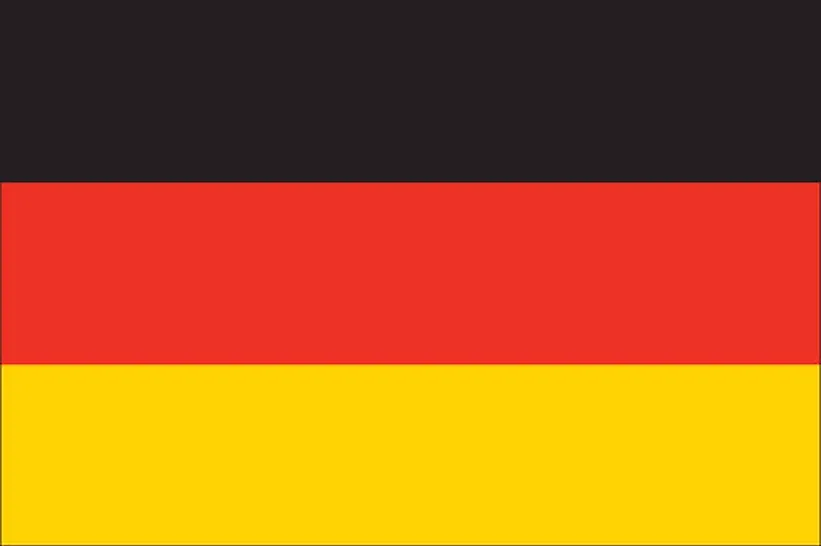
Germany
| Continent | Europe |
| Capital | Berlin |
| Population | 80,722,792 |
| GDP | $3.98 Trillion |
| GDP per Capita | $48,200 |
| Dialing Code | +49 |
| ISO Code (2-letter) | DE |
| ISO Code (3-letter) | DEU |
Germany Landscapes






About Germany
Welcome to Germany, a nation that combines rich historical heritage with cutting-edge innovation at the center of Europe. With approximately 83 million people occupying 357,022 square kilometers, Germany stands as Europe’s largest economy and a global leader in technology, culture, and sustainable development.
Geographic Features and Natural Beauty
Germany’s geography spans from the North Sea and Baltic coasts to the Alps in the south, encompassing diverse landscapes including the Black Forest, the Bavarian Alps, and the Rhine Valley. The country features 16 federal states, each with distinct geographical characteristics.
Major rivers including the Rhine, Danube, and Elbe have historically served as vital trade routes and continue to shape the country’s geography and economy. The landscape varies from northern lowlands through central uplands to the southern alpine region.
Protected areas like the Wadden Sea, a UNESCO World Heritage site, and the Bavarian Forest National Park showcase Germany’s commitment to environmental conservation. The country’s varied climate supports diverse ecosystems and contributes to its renewable energy initiatives.
Cultural Heritage and Traditions
German culture has profoundly influenced global art, literature, philosophy, and science. The country’s cultural legacy includes figures like Goethe, Bach, and Einstein, while its educational tradition of combining research with practical application continues to drive innovation.
Traditional festivals like Oktoberfest celebrate regional identity and customs, while Germany’s food culture features diverse regional specialties and the world’s largest variety of breads. The country’s craft traditions, from watchmaking to brewing, exemplify attention to detail and quality.
Contemporary German culture embraces both tradition and innovation, visible in its world-class museums, vibrant arts scene, and leadership in sustainable design and technology.
Historical Journey
Germany’s history spans from ancient Roman times through medieval principalities and the Holy Roman Empire. The country’s modern identity was shaped by events including the Reformation, industrialization, two World Wars, and reunification in 1990.
Post-war reconstruction and reconciliation efforts have positioned Germany as a champion of European integration and international cooperation. The fall of the Berlin Wall in 1989 symbolized the end of Cold War division and the beginning of a new era.
Modern Economic Landscape
Today’s German economy is characterized by its strong manufacturing sector, particularly in automotive and engineering, combined with innovative technology and renewable energy industries. The “Mittelstand” of specialized small and medium enterprises forms the backbone of the economy.
Germany leads in Industry 4.0 initiatives, combining traditional industrial strength with digital innovation. The country’s dual education system, combining theoretical learning with practical training, supports its skilled workforce.
International Relations and Global Position
Germany plays a central role in the European Union and maintains extensive diplomatic and trade relationships globally. The country’s commitment to multilateralism and sustainable development shapes its international engagement.
Did You Know?
• Germany is home to over 20,000 castles?
• The country produces over 5,000 different types of beer?
• Germany’s Energiewende represents one of the world’s most ambitious renewable energy transitions?
• The country has more than 400 registered zoos, the most in any nation?
Conclusion
Germany represents a powerful combination of historical depth and future-oriented thinking. From its diverse landscapes to its technological innovations, from its cultural heritage to its economic strength, Germany continues to evolve while maintaining its commitment to quality, precision, and sustainability. As it addresses global challenges from climate change to digital transformation, Germany remains at the forefront of developing solutions for a sustainable future.